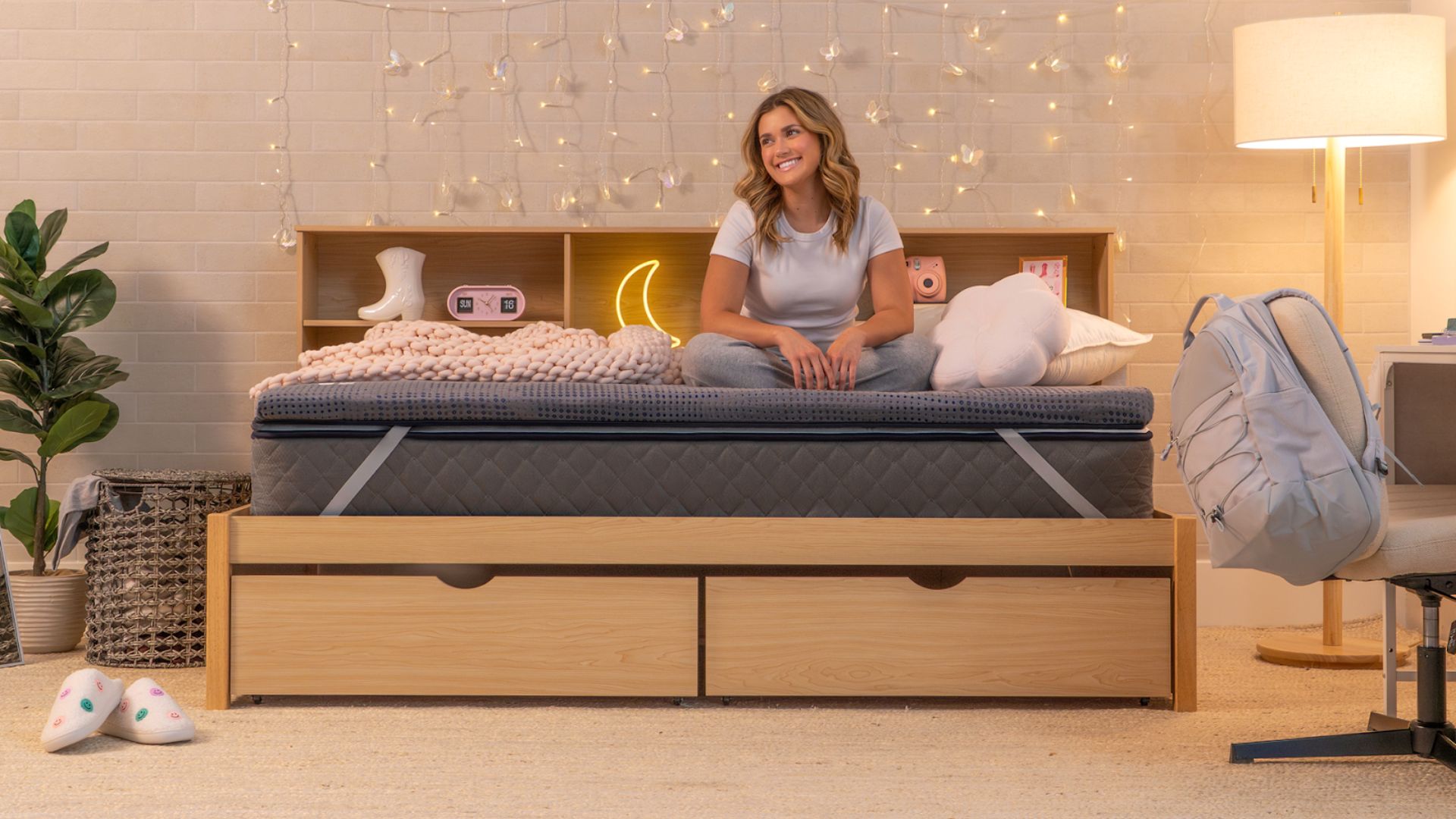Millennials are sleeping longer and better than any other generation, says study – here's how they’re doing it
And why Gen X might be the age range with the worst sleep habits
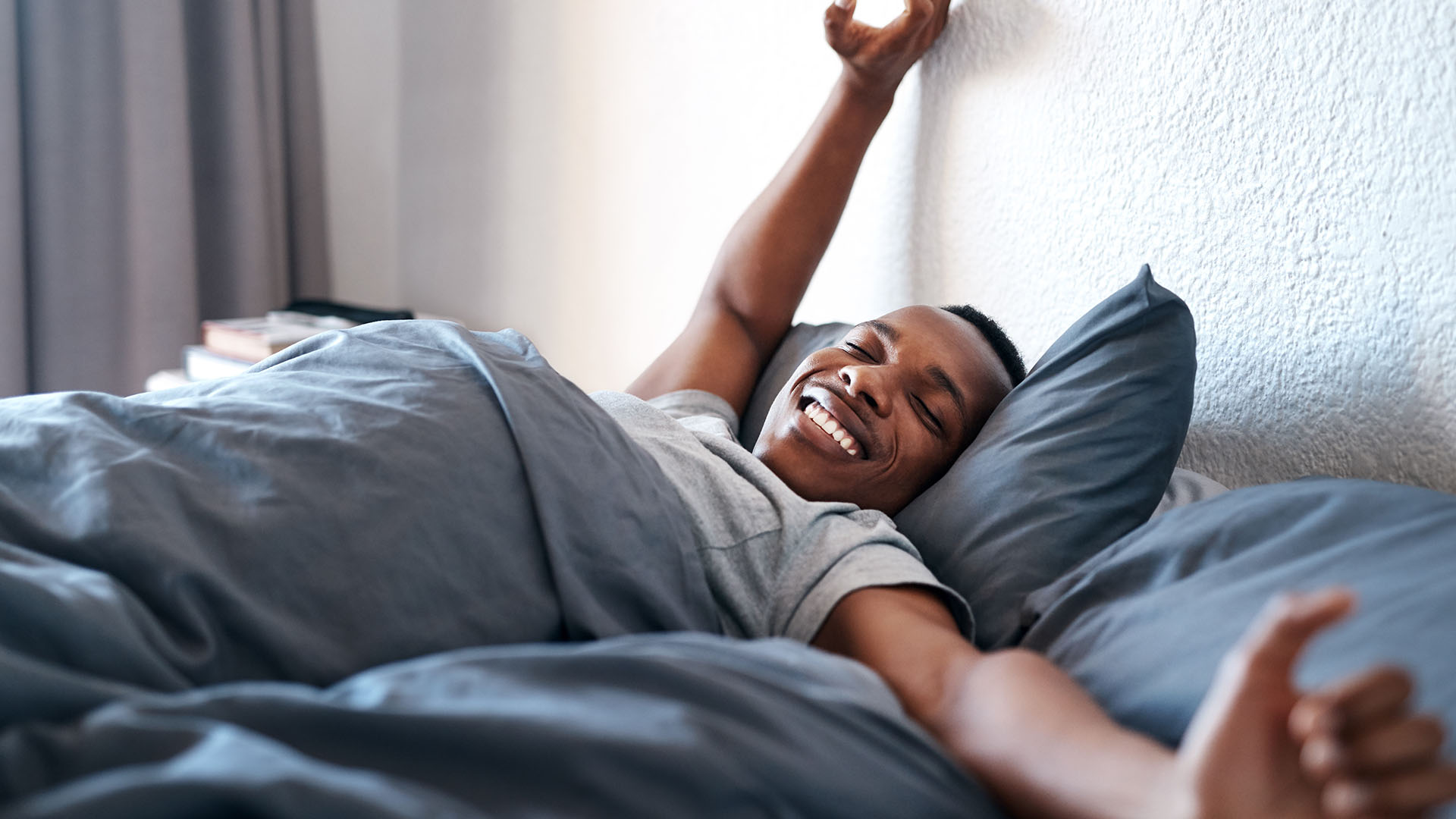
Millennials take a lot of flack for their mom jeans and side parts, but according to a new survey, it's this generation that gets the best sleep. With high quality rest a priority for every age group, what are Millennials doing right?
Of the 2,000 Americans across four generations who responded to a survey from mattress brand Saatva, Millennials reported both longer and higher quality sleep. And as Saatva is the brand behind our best mattress this year, we expect them to know a thing or two about sleep.
Among Millennials, 85% reported enjoying 6+ hours of sleep every night, with 49% rating their sleep quality as "good". As for the worst sleep? That goes to Gen X, with 27% of them rating their sleep as "poor" and 18% getting five hours or fewer each night.
Back pain and anxieties are major sleep stealers across generations, while Millennials can potentially thank some surprisingly healthy phone habits for their increased rest. Let's explore why Millennials are sleeping better than the rest of us...
What your generation might say about your sleep
Whatever generation you're part of, good sleep should be a priority. Sleep deprivation can lead to loss of concentration, bad moods, and even an increased risk of illness. So what's keeping us up at night?
Across generations, the Saatva study found anxieties and worries are a leading sleep stealer. Physical health and work were both reported as a cause for sleep loss, but with 35% of respondents marking financial anxiety as the reason behind their long nights, money worries might be the biggest stressor keeping us awake.
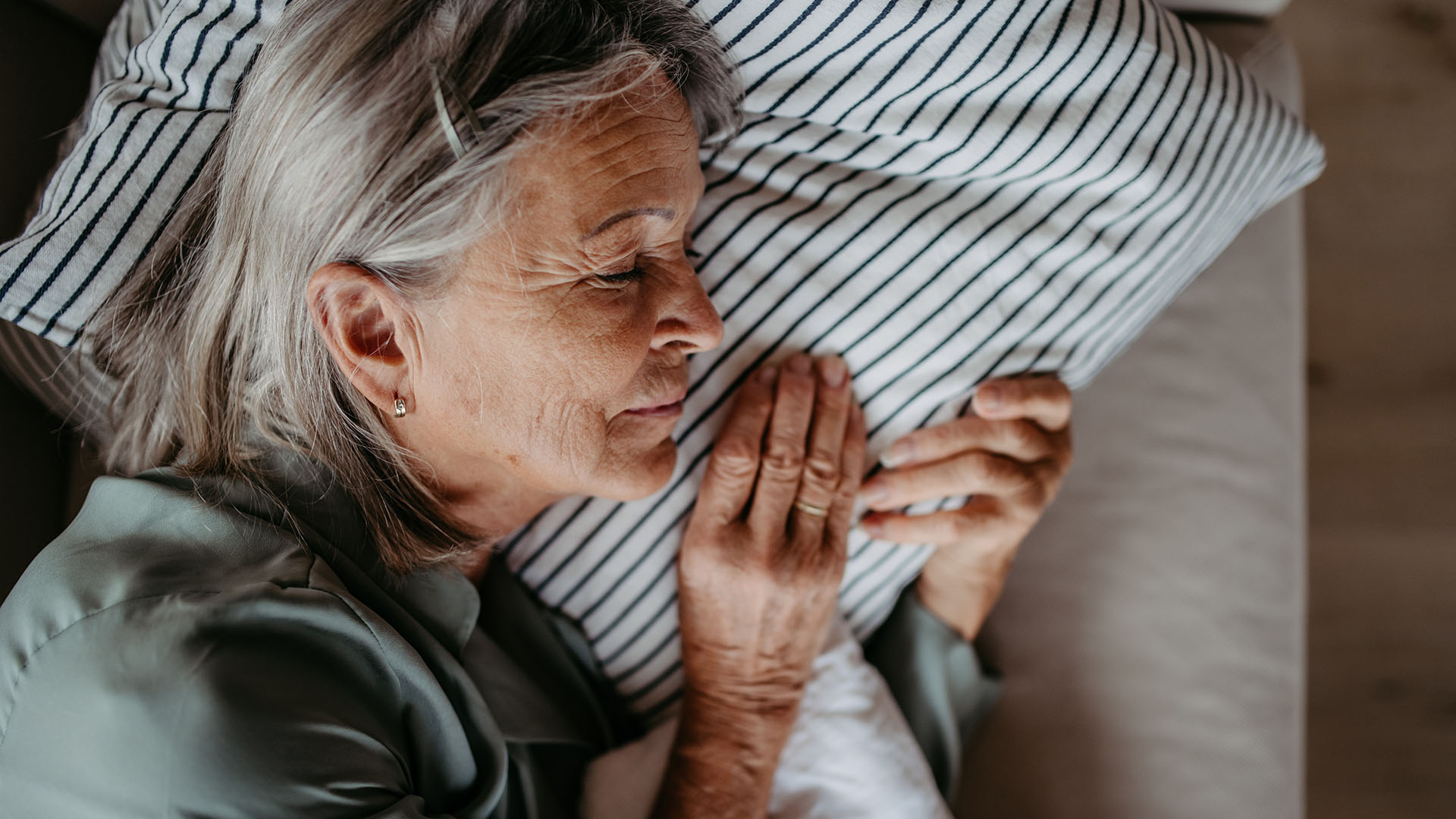
Shantha Gowda PsyD, behavioral sleep medicine specialist and founder of ThinkSleep, theorizes this might be part of the reason Millennials sleep better. "Younger Millennials and Gen Z are more likely to focus on work/life balance", she explains. On the other hand, older generations have more of a "'grind' mentality".
Sign up to get the BEST of Tom's Guide direct to your inbox.
Get instant access to breaking news, the hottest reviews, great deals and helpful tips.
Your partner might also be the reason you can't sleep, especially among younger generations (21% of Boomers in relationships reporting they don't share a bed). While there are benefits to sleeping alongside a loved one, it makes it hard to personalize your space to suit your sleep needs.
Finally, back pain is the number one sleep stealer among Boomers and Gen X, beating out insomnia and sleep apnea. But back pain is a multi-generational issue, with both Millennials and Gen Z reporting achy backs keeping them awake.
How are millennials achieving better sleep?
It's not being born between 1981 and 1996 that makes Millennials sleep for longer. Instead, there are a few key healthy habits that might be responsible for this generation enjoying better rest.
1. Putting away electronics
It might surprise some, but the younger generations are best at putting their phone away, with both Millennials and Gen Z attempting to ditch screens at night. With phone screen blue light and anxiety inducing 'doomscrolls' the source of many disrupted nights, this could be an important reason why Millennials are enjoying better sleep..
If you can't quit your pre-bed phone scroll, consider shifting from social media to something a little more soothing. YouTube sleep mediations and TikTok sleep hypnosis can be a good way to use your phone before bed.
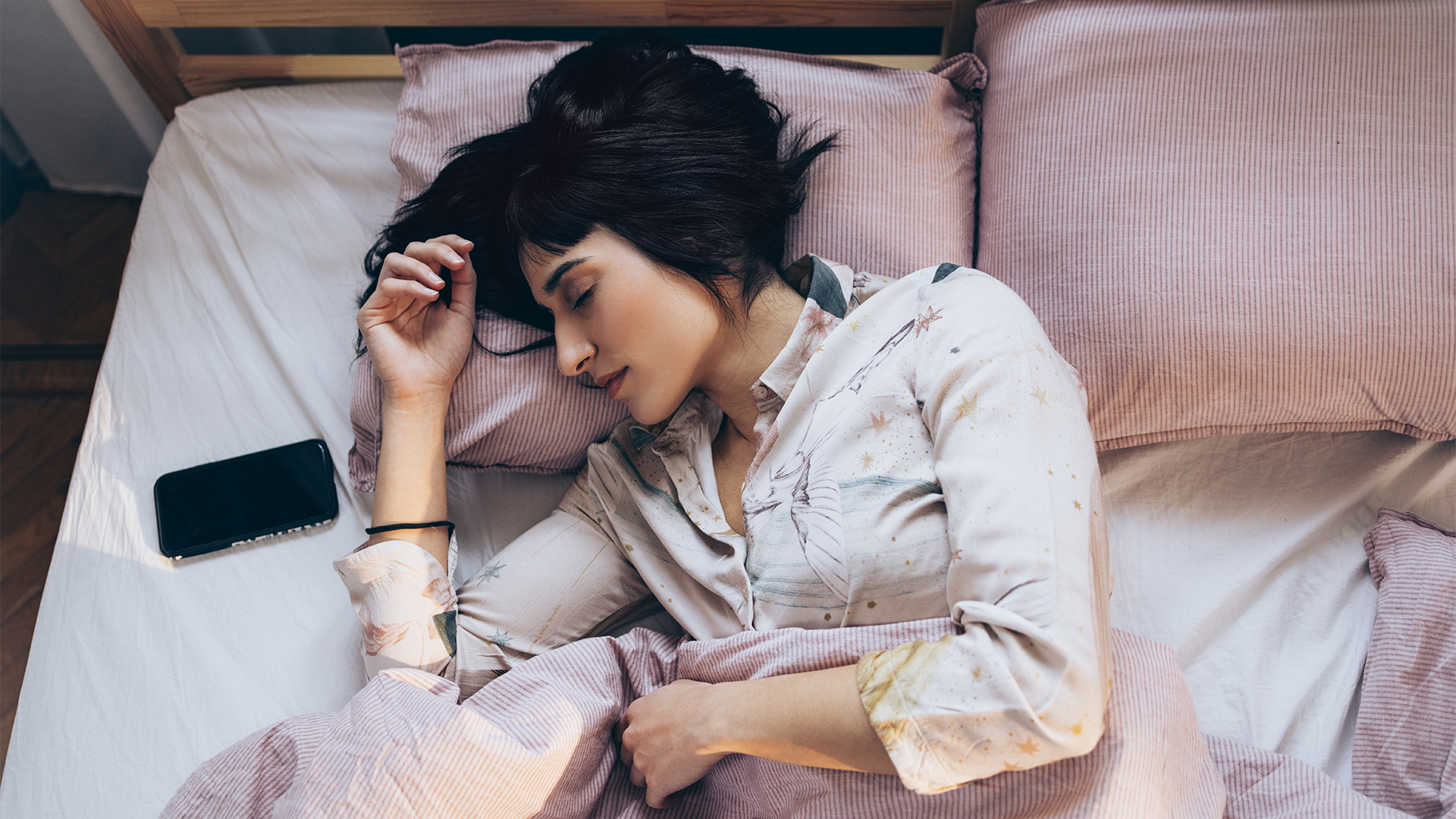
As well as phones, try cutting back on television before bed, particularly if you're a fan of high-octane thrillers. If you don't want to switch the TV off, change the channel to a comfort show instead.
2. Cutting down (or giving up) caffeine
Saving goodbye to a post-dinner coffee has shown improved sleep for all generations, with avoiding big meals and too much water before bed also having a positive effect on sleep. 35% of those surveyed reported that cutting back on caffeinated beverages at night has enhanced their rest.
The 10-3-2-1-0 sleep method encourages cutting out coffee 10 hours before bed. It might seem like a long time to go without a latte, but caffeine can linger in your system for up to 10 hours. If you're struggling with such a decisive break from coffee, take baby steps: start by cutting out caffeine drinks in the evening, and gradually set the deadline earlier in the day.
3. Using music as a stress reliever
Finding it hard to chill out in the evening? The survey found music to be a cross-generational sleep aid, with 61% of respondents listening to music as a stress reliever.
Studies indicate that music can have a soothing, sleep-inducing effect, so consider incorporating it into your bed routine. Have a look online for sleep playlists, or curate your own selection of relaxing songs (but steer clear of any that illicit a strong emotional response).
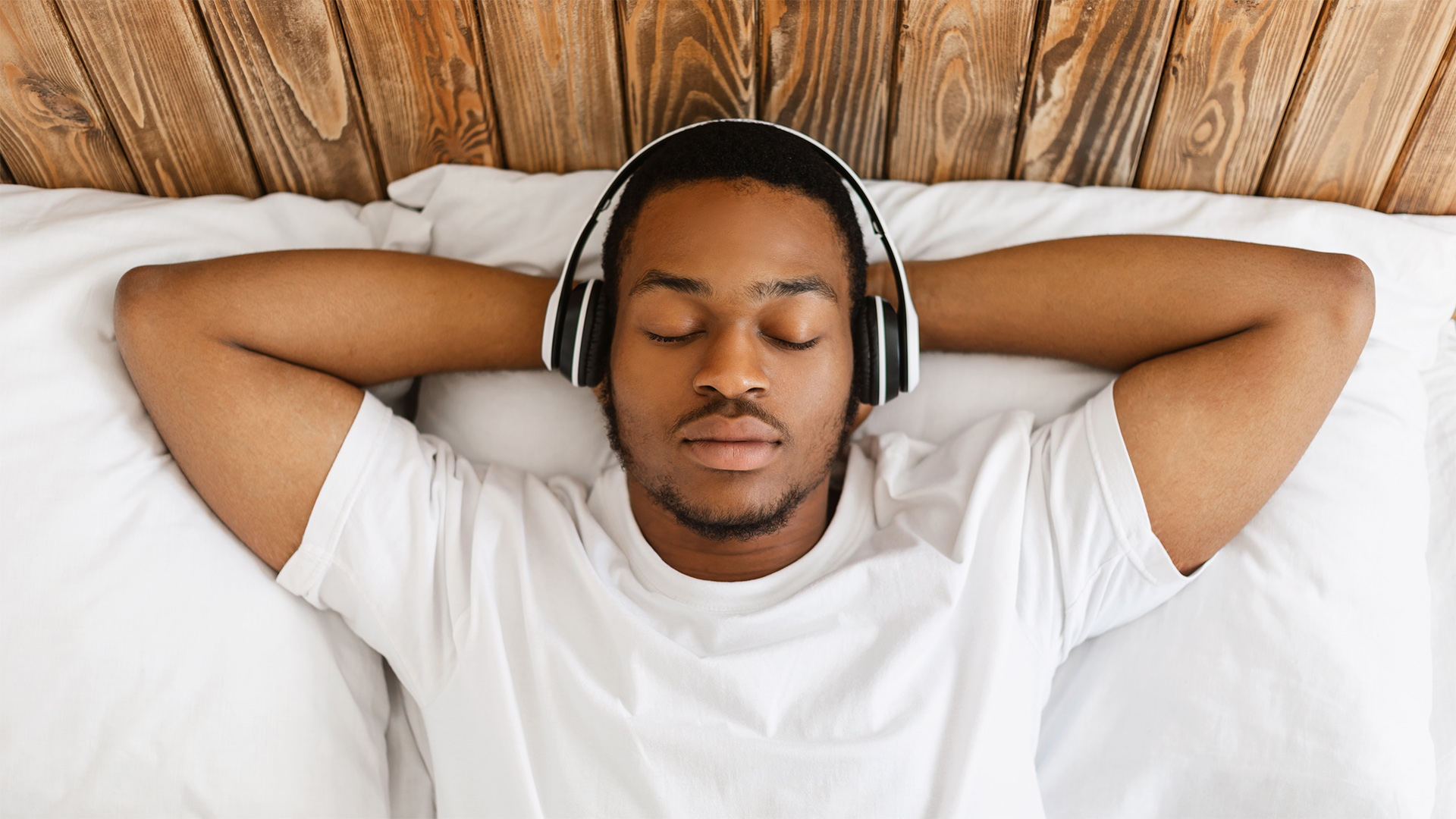
Otherwise, you might want to try white noise (or even pink noise or brown noise). Less melodic than music, these relaxing background sounds are often used to aid sleep. They're particularly useful if you live in a noisy area, or tend to go to bed earlier than your rowdy housemates.
Other tips for sleeping better tonight
Unfortunately, bad sleep can afflict members of every generation — including Millennials — and it can be hard to identify just what's keeping you up. Whatever year you were born, here are some sleep tips to try:
- A relaxing pre-bed routine: A nighttime routine encourages you to adopt calming habits before bed to feel you drift off quickly. If you find it hard to put your phone away or stop thinking about work, try working on a soothing routine.
- Calming breathing techniques: With stress a major sleep stealer, it's important to find ways to ease racing thoughts before bed. Breathing exercises can be a good way to fall asleep fast, and they're easy to learn.
- Try the Scandinavian sleep method: Among those surveyed, 15% in a couple reported sleeping in a separate bed to their partner. A less drastic measure than sleep divorce is the Scandinavian sleep method, in which both bed sharers have their own sheet set so they can personalize their setup.
- Set a consistent wake up time: Both men and women reported trying to catch up on sleep at the weekend, but his can lead to a social jet lag effect: when your weekday routine and weekend routine are almost in different time zones. A consistent wake up time helps you maintain healthier patterns.
- Upgrade your sleep setup: Back pain was a major cause of bad sleep among respondents. The best mattresses for back pain offer exceptional lumbar support, but if that's out of your price range, consider a mattress topper instead.
- Ditch the alarm: Waking up without an alarm sounds, frankly, alarming. But it might benefit your sleep by encouraging a gentle transition into waking and listening to your natural rhythms.

Ruth is a staff writer at Tom’s Guide, covering all things mattress and sleep. She has a deep interest in the link between sleep and health, and has tried enough mattresses to know the right bed really can make a difference to your wellbeing. At Tom’s Guide she writes to help people sleep better, from how-tos to the latest deals to mattress reviews, and has interviewed an array of specialists who share her passion. Before joining the team at Tom’s Guide, Ruth worked as a sleep and mattress writer for our sister website, TechRadar.
-
Uthman83 I've lived with 5-6 hours of sleep a night but for the last 6 years I've been getting 9-12.Reply
I can safely say I feel so much better in every way getting 9-12 hours a night. -
BozoTheBrown They skipped the part where millennials aren't having any kids.Reply
That affects sleep more than anything else. -
phxrider Reply
100%. And I say this as a Gen-X with no kids.BozoTheBrown said:They skipped the part where millennials aren't having any kids.
That affects sleep more than anything else. -
ChristineInk GenX here🙋♀️, 8-10 hours, non-negotiable because I see the incredible results in every facet of my life.Reply
